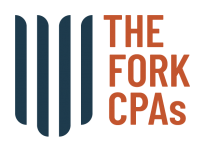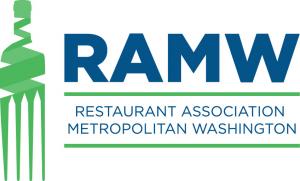You are here
The Ideal Restaurant Management Incentive Plan in 3 Steps
July 17, 2023
The rise in operating costs and shortage of restaurant labor has forced restaurant owners to incentivize key employees with performance bonuses and equity by building the ideal restaurant management incentive plan. The ideal incentive or bonus plan should:
- Incentivize and reward key employees for increasing profitability and improving the hospitality experience;
- Provide an ROI to owners; and
- Be simple, self-sustainable, and scalable.
With an effective compensation incentive plan, owners don’t need to be involved in day-to-day operations, and can focus on growing and scaling their concept. Sharing your profits or ownership can be scary, but if executed correctly, it can generate significant value for owners, employees, and customers.
In this article, we will show you how to design an ideal restaurant management bonus plan in 3 easy steps. We will cover issuing equity in a separate article
.
Step 1 – Determine the Financial KPIs for the Incentive Plan
The ideal management bonus plan is driven by industry-standard financial key performance indicators (KPIs) that are easy to measure and understand. The first step in designing your management bonus plan is choosing which financial KPIs you will measure.
The financial KPIs that we suggest measuring are EBITDA or Prime Costs
The financial KPI you choose to measure should be directly tied to your goals. Let’s look at each one to determine the best fit for you.
Step 2 – Determine Your Influencing Non-Financial KPIs
You can have the most efficient prime costs and be highly profitable, but if your customer experience starts suffering then your success will be short-lived. That’s why it’s important to incorporate non-financial KPIs in your bonus plan such as:
- Secret shopper scores
- Google/Resy/Opentable/Etc. reviews
- Health inspection scores
- Inspection scores assessed by owners via surprise visits
If you are providing managers with equity, a non-financial KPI may not be necessary in your management bonus plan because they are looking out for the long-term success of the restaurant regardless.
The non-financial KPIs that you choose to measure will depend on your goals and the problems you are trying to solve. For example, if your main problem is that you’re not receiving enough (positive) Google reviews, then you can tie your management incentive plan directly to that. On the other hand, if customer service is suffering, then the non-financial KPIs should be your secret shopper program results.
Step 3 – Determine the Bonus Calculation
A management bonus plan is meant to incentivize a manager with additional compensation, not replace their salary with variable pay. Therefore, managers should always receive a competitive base pay regardless of a bonus plan. The bonus amount should be calculated based on a combination of the financial and non-financial KPIs determined in the step above.
The weight of financial KPIs vs non-financial KPIs used in calculating the bonuses should be driven by the problem you are trying to fix or the goal you are trying to achieve. If you’re trying to fix profitability, then a larger chunk of the bonus should be dependent on financial KPIs. If you’re extremely profitable, but your Resy reviews are poor, then you may want to stress the non-financial KPIs.






























